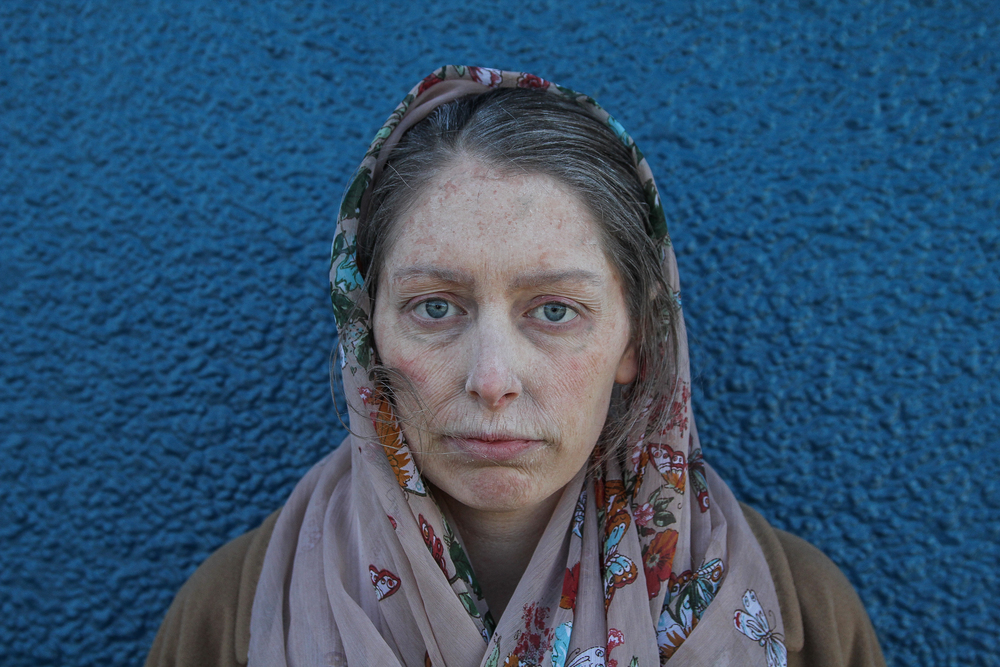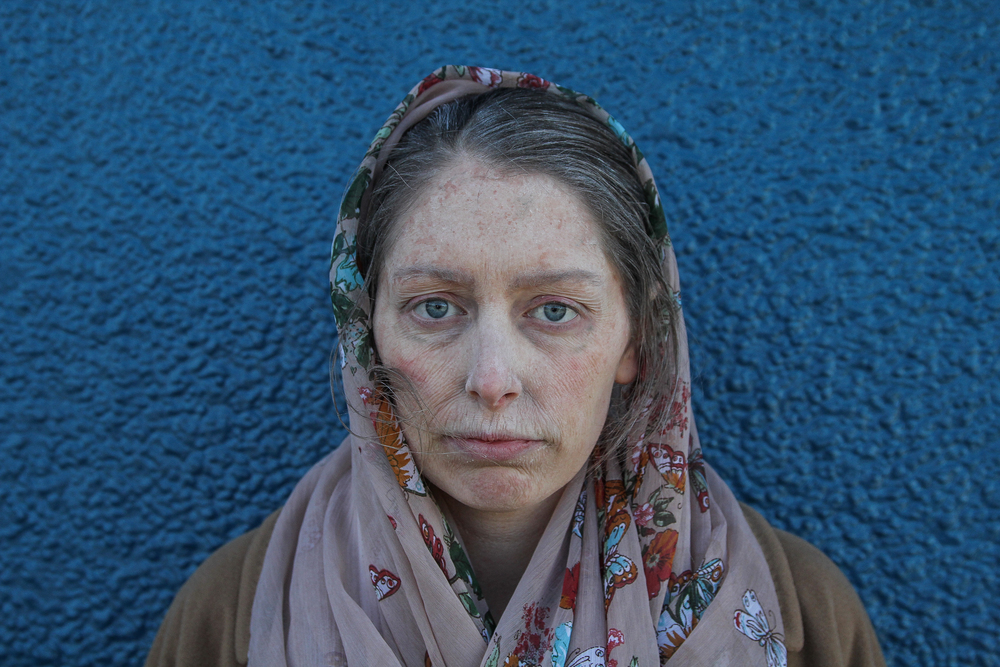
[embed]https://www.youtube.com/watch?v=uhVL-MbaANQ[/embed]
Honours student Lauren Hyland recently undertook a role-play exercise to help her gain empathy for elderly patients in public healthcare. Much more than a simple exercise in acting, Lauren fully transformed her visual appearance and identity, with the help of make-up artists at BodyFX, into that of an ill-looking, frail elderly woman. Following her radical transformation, Lauren immersed herself in the context of public healthcare at Auckland City's Public Hospital at Grafton, providing her an interactive environment to act out the experience of her users. Lauren reflects on the exercise and her experience below:
This practice-based research project explores the complexity of human needs and social values to assess how physical privacy for vulnerable patients can be improved through a product design intervention. Through the application of Human-Centred and Universal Design frameworks, this project focuses on addressing the needs and values of our ageing population through empathic design.
My key insights were gained through the use of ‘Role-Play’ as an explorative, empathy gaining method. With the help of BodyFX - the make-up & prosthetics specialists - I was able to fully embody what it is like to be an elderly patient by experiencing a day walking in their shoes. I allowed myself to be immersed into the moment - feeling vulnerable, overwhelmed and at times invisible or ignored.
This has proven to become my most valuable research method to date, providing myself with the experience and empathic understanding for how I might implement a design intervention to better meet the needs of the elderly and ultimately preserve their dignity in care.
These insights reflect a key milestone in my project’s purpose and direction going forward. With these considerations in mind, I have developed a new problem statement: how might we provide protection and privacy for elderly patients whilst supporting their visibility in care?


